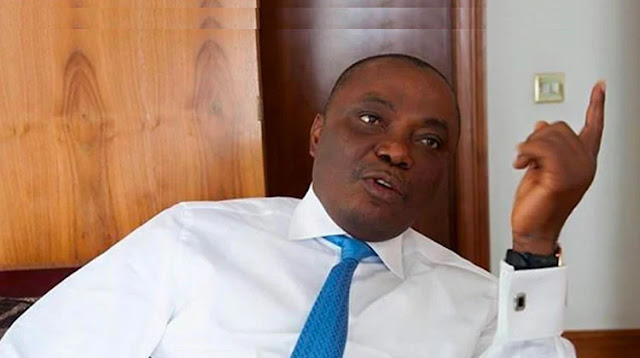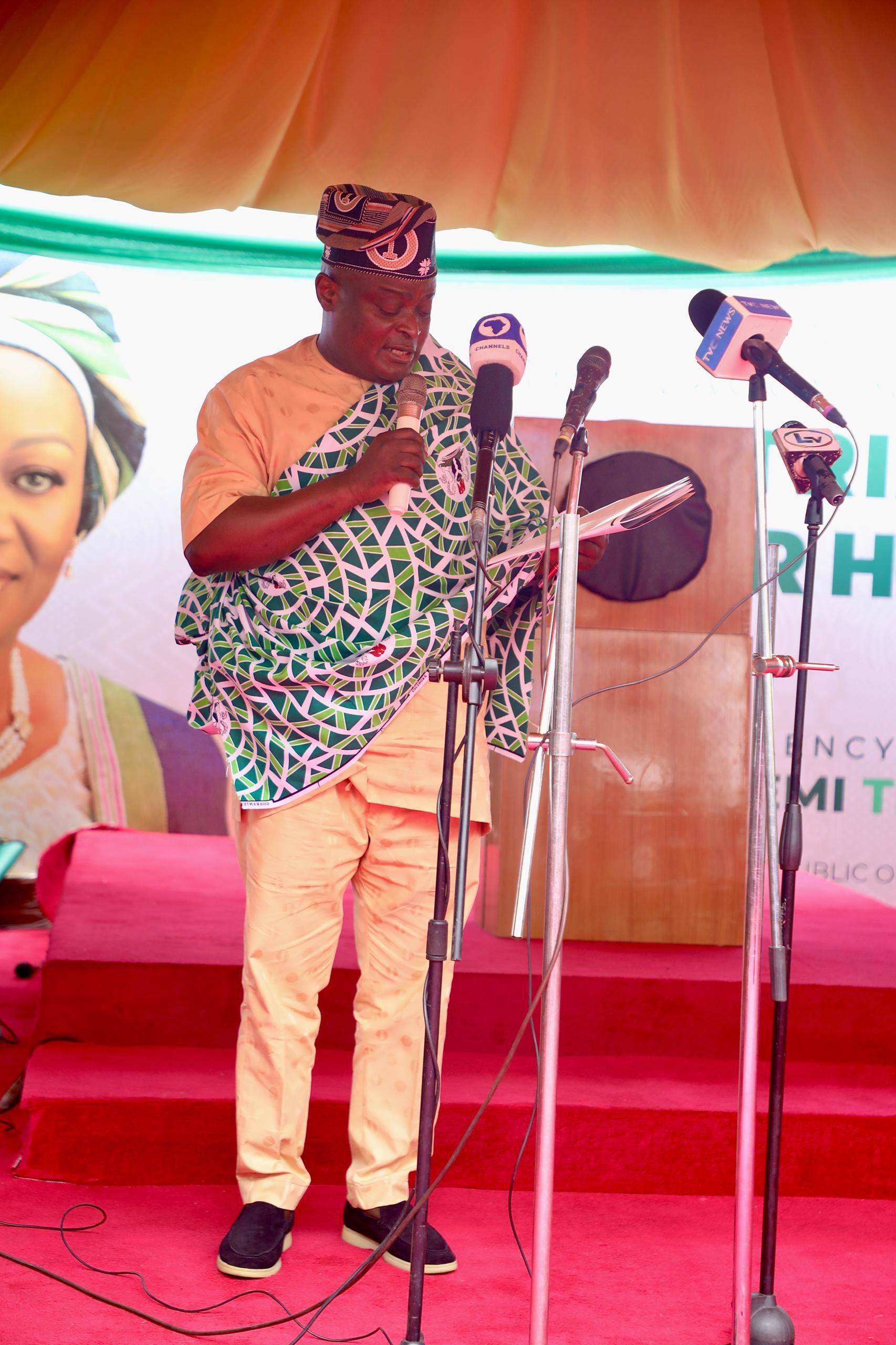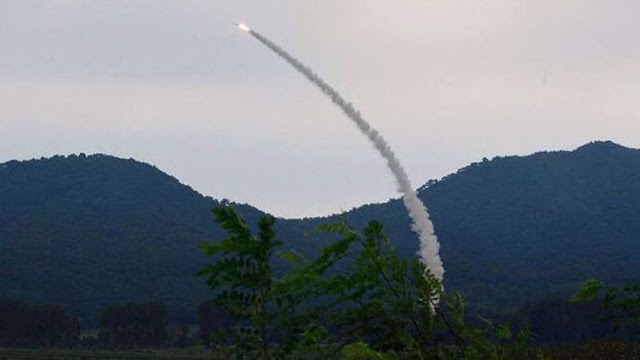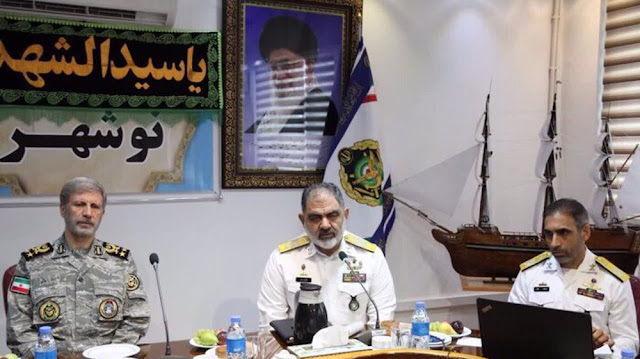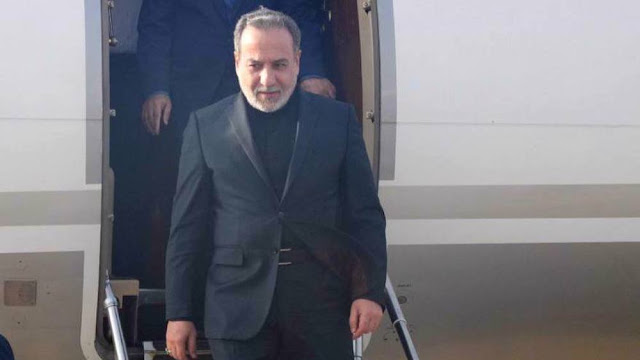Asaba, Delta State – August 24, 2025
A brewing political storm in Delta State has taken center stage following explosive allegations by Senator Peter Nwaoboshi, a prominent leader of the All Progressives Congress (APC) and former Chairman of the Senate Committee on the Niger Delta. In an exclusive interview with Sunday Vanguard, Nwaoboshi, widely known as the “Oracle” in Delta political circles, accused certain individuals within the Presidency of orchestrating a deliberate campaign to sideline Ovie Omo-Agege, the former Deputy Senate President and a key APC figure in the state. Nwaoboshi’s claims have sparked widespread debate, shedding light on internal power struggles within the APC, the dynamics of Delta State politics, and the broader implications for the 2027 governorship election.
Nwaoboshi’s allegations come at a critical juncture as Delta State navigates a complex political landscape. With Governor Sheriff Oborevwori, a member of the Peoples Democratic Party (PDP), reportedly aligning with the APC, questions about party loyalty, primaries, and electoral prospects are dominating discussions. Nwaoboshi’s recent visit to Oborevwori at the Government House in Asaba, where he described the governor’s potential APC affiliation as a “game-changer,” has further intensified speculation about the state’s political future. This development, coupled with Nwaoboshi’s advice to Omo-Agege against contesting the 2027 governorship race, underscores the intricate interplay of personal ambitions, party dynamics, and strategic alliances in Delta politics.
Allegations of Presidency Interference
Nwaoboshi’s accusations against unnamed individuals in the Presidency center on claims that they are actively working to ensure Omo-Agege receives no benefits or recognition from the current APC-led federal government. While he did not disclose specific names, Nwaoboshi suggested that these figures are leveraging their influence to marginalize Omo-Agege, a former heavyweight in the Senate and a key player in the APC’s 2023 election strategy in Delta State. “Some people in the Presidency have conspired to ensure that Omo-Agege gets nothing from this government,” Nwaoboshi told Sunday Vanguard. “They are frustrating his efforts, and this is a deliberate attempt to undermine his contributions to the party.”
Omo-Agege, who served as Deputy Senate President from 2019 to 2023, was a prominent figure in the APC’s national structure, wielding significant influence in both Delta State and the broader South-South region. His unsuccessful bid for the Delta State governorship in 2023, where he lost to Oborevwori, marked a setback for his political ambitions. Nwaoboshi’s claims suggest that Omo-Agege’s challenges extend beyond the electoral defeat, pointing to a concerted effort within the APC’s national leadership to diminish his influence.
The allegations raise questions about internal factionalism within the APC, a party that has struggled to maintain unity in Delta State since its loss in the 2023 governorship election. Political analysts speculate that the reported marginalization of Omo-Agege could be linked to rivalries among APC leaders vying for control of the party’s machinery ahead of the 2027 elections. The involvement of high-ranking figures like Festus Keyamo, the current Minister of Aviation and Aerospace Development, who was reportedly introduced to Delta politics by former President Muhammadu Buhari, adds another layer of complexity to the situation.
Nwaoboshi’s Advice to Omo-Agege
Central to Nwaoboshi’s revelations is his assertion that he advised Omo-Agege against contesting the 2023 governorship election. Citing the historical difficulty of defeating a sitting governor in Nigeria, Nwaoboshi argued that Omo-Agege’s decision to challenge Oborevwori was ill-fated from the outset. “I told him it is often difficult to defeat a sitting governor,” Nwaoboshi said. “The odds are stacked against challengers, especially when the incumbent enjoys the resources and machinery of the state.”
Nwaoboshi’s advice was rooted in his deep experience in Delta State politics, where incumbent governors have historically secured second terms with relative ease. He cited examples of former governors James Ibori, Emmanuel Uduaghan, and Ifeanyi Okowa, who all faced minimal opposition in their party primaries during their re-election bids. “When Ibori ran for a second term, nobody challenged him in the primary. The same happened with Uduaghan and Okowa,” Nwaoboshi noted. “It is a pattern in Delta politics, and I advised Omo-Agege to consider this reality.”
Despite his counsel, Omo-Agege proceeded with his 2023 governorship bid, leading to a contentious election that saw Oborevwori emerge victorious. Nwaoboshi disclosed that Omo-Agege had confided in him about concerns regarding his political standing and recognition within the APC. Acting as a mediator, Nwaoboshi raised these issues with Governor Oborevwori, urging him to foster peace and inclusivity in the state’s political landscape. “I discussed Omo-Agege’s concerns with the governor,” Nwaoboshi revealed. “I told him that as the father of the state, he should bring everyone together, and he promised to do so.”
Oborevwori’s APC Alignment: A Game-Changer?
Nwaoboshi’s visit to Governor Oborevwori at the Government House in Asaba marked a significant moment in Delta State’s political realignment. Describing Oborevwori’s potential move to the APC as a “game-changer,” Nwaoboshi predicted that the governor’s alignment with the ruling party would reshape the state’s political dynamics. This development has sparked speculation about the APC’s strategy to consolidate power in Delta State, a PDP stronghold for over two decades.
Oborevwori’s reported flirtation with the APC is not entirely surprising, given the history of political defections in Nigeria. Governors often switch parties to align with the ruling party at the federal level, seeking access to resources, patronage, and political leverage. If Oborevwori formally joins the APC, it could significantly weaken the PDP’s grip on Delta State and bolster the APC’s chances in the 2027 governorship election.
However, Nwaoboshi’s endorsement of Oborevwori’s potential APC membership has raised eyebrows, particularly in light of his advice to Omo-Agege against contesting the 2027 governorship race under the APC banner. Nwaoboshi argued that if both Oborevwori and Omo-Agege remain in the APC, Omo-Agege would face an uphill battle in securing the party’s primary ticket. “I have told him he cannot win the party’s primary if the governor is in the APC,” Nwaoboshi said. “It will be difficult for him to change the system when a sitting governor is running for a second term.”
Omo-Agege’s 2027 Ambitions
Omo-Agege’s political future remains a subject of intense speculation. Nwaoboshi was adamant that, based on their recent discussions, Omo-Agege is not planning to contest the 2027 governorship election under the APC. “To the best of my knowledge, Omo-Agege is not running for the governorship in 2027,” he said. “I have had private meetings with him, our former governor James Ibori, and other leaders, and I don’t think he intends to challenge the governor.”
However, Nwaoboshi left room for uncertainty, noting that Omo-Agege’s plans could have changed in recent weeks. “Unless he changed his mind two days ago, I don’t believe he is contemplating running against the governor,” he added. This caveat has fueled speculation that Omo-Agege may still harbor ambitions for the governorship, potentially setting the stage for a showdown within the APC.
Omo-Agege’s primary concern, according to Nwaoboshi, is securing recognition and respect as a former leader of the APC in Delta State. “He has expressed to me that he needs to be recognized and accorded due respect as a former Deputy Senate President and party leader,” Nwaoboshi said. “I have conveyed this to the governor, and I believe steps are being taken to address it.”
The emphasis on recognition highlights Omo-Agege’s desire to maintain his influence within the APC, particularly in light of the alleged marginalization by Presidency figures. His tenure as Deputy Senate President and his role in mobilizing support for the APC in Delta State during the 2023 elections have cemented his status as a key stakeholder. However, the shifting dynamics within the party, coupled with Oborevwori’s potential defection, could complicate his position.
Internal APC Dynamics and Historical Context
Nwaoboshi’s reference to Festus Keyamo and former President Muhammadu Buhari underscores the historical tensions within the APC in Delta State. Keyamo, a prominent APC figure and current minister, has been a polarizing figure in the state’s politics. His rise within the party, reportedly backed by Buhari, created friction with other leaders like Omo-Agege, who was seen as the APC’s de facto leader in Delta during his tenure as Deputy Senate President.
Nwaoboshi recalled his defense of Omo-Agege’s leadership when others challenged his authority within the party. “When people were challenging Omo-Agege, I said he is the leader of the party in the state,” Nwaoboshi noted. “I challenged them to a debate because I have been around.” This loyalty to Omo-Agege underscores Nwaoboshi’s role as a political elder in Delta State, but his recent alignment with Oborevwori suggests a pragmatic approach to navigating the state’s evolving political landscape.
The broader context of Delta State politics reveals a history of strong gubernatorial dominance. Since the return to democracy in 1999, Delta governors have consistently leveraged state resources and party machinery to secure second terms. James Ibori (1999–2007), Emmanuel Uduaghan (2007–2015), and Ifeanyi Okowa (2015–2023) all ran unopposed in their party primaries for re-election, a trend Nwaoboshi believes will continue with Oborevwori. This historical precedent reinforces Nwaoboshi’s argument that Omo-Agege’s chances of securing the APC ticket in 2027 are slim if Oborevwori joins the party.
Implications for Delta State and the APC
The unfolding drama in Delta State has far-reaching implications for both the APC and the state’s political future. If Oborevwori formally defects to the APC, it could unify the party’s base and strengthen its position against the PDP in 2027. However, it could also exacerbate tensions within the APC, particularly if Omo-Agege and his supporters feel sidelined. The alleged plot by Presidency figures to marginalize Omo-Agege raises questions about the APC’s ability to manage internal divisions and present a united front.
For Omo-Agege, the path forward is fraught with challenges. A decision to contest the 2027 governorship election could lead to a bruising primary battle, potentially weakening the APC’s chances against a resurgent PDP or other opposition parties. Alternatively, Omo-Agege could pivot to a national role, leveraging his experience as a former Deputy Senate President to secure a prominent position in the federal government or the APC’s national structure.
Nwaoboshi’s call for peace and inclusivity reflects a broader need for reconciliation within the APC. “We need peace in Delta State,” he said. “The governor is the father of the whole state, and he should bring everybody together.” This message underscores the importance of unity in a state with a history of ethnic and political divisions, particularly between the Urhobo, Itsekiri, and Ijaw communities.
Broader Political Context
The developments in Delta State are emblematic of broader trends in Nigerian politics, where defections, power struggles, and allegations of marginalization are commonplace. The APC’s dominance at the federal level has made it an attractive destination for ambitious politicians, but it has also fueled internal rivalries as leaders jostle for influence. The alleged conspiracy against Omo-Agege mirrors similar accusations in other states, where opposition figures claim to be targeted by the ruling party’s machinery.
As Nigeria approaches the 2027 general elections, the events in Delta State will serve as a barometer for the APC’s cohesion and electoral prospects in the South-South region. The party’s ability to manage its internal dynamics, integrate defectors like Oborevwori, and address concerns from leaders like Omo-Agege will be critical to its success.
Senator Peter Nwaoboshi’s allegations of a Presidency-led plot against Ovie Omo-Agege have ignited a firestorm in Delta State’s political landscape, highlighting the complexities of power, loyalty, and ambition within the APC. His advice to Omo-Agege against contesting the 2027 governorship election, coupled with his endorsement of Governor Oborevwori’s potential APC alignment, signals a seismic shift in the state’s political dynamics. As Delta State braces for a contentious political season, the resolution of these tensions will shape the APC’s fortunes and determine the trajectory of governance in one of Nigeria’s most strategically important states.


